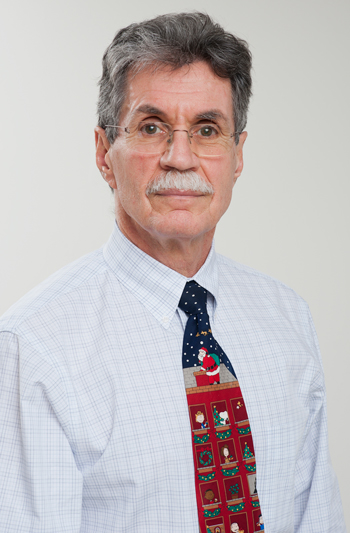Honest Conversations About Treatment Goals Can Ease Your Final Days
 Don’t wait until it’s too late to make a plan
Don’t wait until it’s too late to make a plan
It’s not easy to talk to anyone about the end of life, and it’s even harder to hear it. Over my career treating patients with life-threatening conditions at Beebe Healthcare, I have often had to repeatedly deliver bad news to patients and their families.
I always make sure to pause to make sure they actually understood, so they could make the decisions around care that would help them maintain the quality of life they wanted.
When we’re talking about crucial end-of-life decisions, such as whether you want to spend your last days in a hospital, nursing care facility, or at home, it’s important to take your time and have conversations with people you trust.
The hospital, where patients are often scared, is often the worst place to make these decisions. And that’s even if the patient is conscious and able to speak for themselves.
The best place to start talking about how we want to be cared for — and, especially, our goals for living and dying — is at home with loved ones. Those discussions can be followed up by talking to the doctor and creating an advanced care plan.
Finally, everyone in Delaware with a serious illness should ensure they have recorded their treatment preferences in a form called the Delaware Medical Orders for Scope of Treatment, or DMOST.
If you’re looking for a place to get started that uses clear, everyday language, consider reading the Five Wishes, an advance directive accepted as a legal document in 42 states, including Delaware.
What is resuscitation?
Many people make healthcare decisions based on what they see on television. When they decide to authorize CPR, they may be guided partly by the example of television dramas, where almost 70% of patients were saved by CPR, according to one study.
In real life, though, only perhaps 15% of people who receive CPR in a hospital survive to be discharged. Of course, each situation is different, and any one person’s risk of benefitting from CPR can be much higher or lower.
For example, if a person has a chronic disease and a life expectancy of less than a year, fewer than one in 20 who are given CPR in a hospital will ever be healthy enough to leave.
Even with those low odds, many patients are receiving treatment that causes significant pain and suffering without hope of long-term benefits.
Also, there are often cultural and social pressures to do “everything we can” for family members, whether out of love or a sense of obligation.
That’s why having a discussion ahead of time about your wishes can be so vital. Perhaps you are interested in living as long as possible. Or maybe you want to be treated aggressively up to a certain point, and then rely on treatments to relieve pain and suffering.
In any case, conversations around your end of life care can remove any doubt for loved ones that you are being cared for in the way you would have wanted.
Quantity and quality
As a critical care doctor, I have seen the difference between treatment that extends life and treatment that preserves a quality life.
A person can be alive on a ventilator but without any hope of recovery. Many people — but not everyone by any means — want to have a life that is satisfying, not just a beating heart.
Have a discussion with your doctor about your goals for treatment and, if relevant, the end of life. If you’d prefer to spend your last days at home, we can work with you to help make that happen.
The bottom line is that, as a patient, you can choose the level of care you want. Even if you don’t want to have a ventilator, you can opt for less invasive treatments such as antibiotics and blood transfusions or palliative care (symptom relief) such as pain treatment.

Michael Salvatore, MD, is a pulmonologist and critical care specialist who serves as a physician advisor at Beebe Healthcare.
